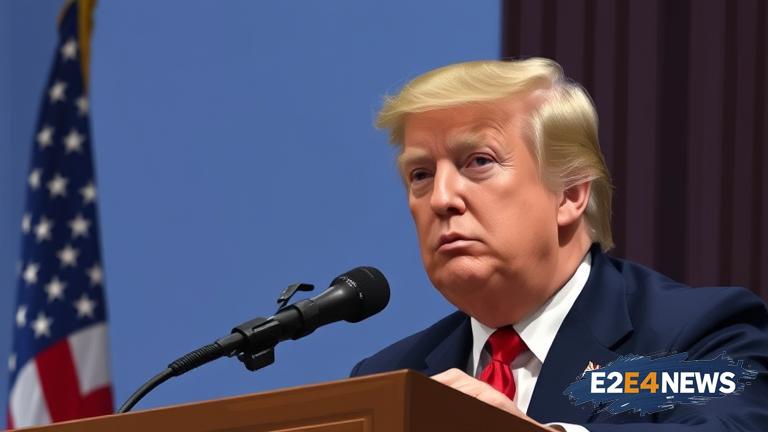In a significant legal development, a federal judge has issued a temporary injunction against an executive order by the Trump administration that sought to redefine birthright citizenship. This principle, guaranteed by the 14th Amendment, grants automatic citizenship to anyone born within the United States. The judge’s decision effectively pauses the implementation of the order, which was met with widespread criticism and legal challenges. The injunction was granted in response to a lawsuit arguing that the President cannot unilaterally alter constitutional provisions. The Trump administration had aimed to restrict citizenship for children of non-citizen parents, a move that could have profound implications for immigrant families. Civil rights and immigration advocacy groups have welcomed the ruling as a crucial check on executive overreach. Conversely, the administration expressed disappointment and indicated plans to appeal the decision. Legal experts suggest that the case may eventually reach the Supreme Court, highlighting the broader debate over executive authority and constitutional interpretation. The ruling underscores the judiciary’s role in balancing powers within the U.S. government. For now, the status quo of birthright citizenship remains intact, providing relief to families who feared potential changes. The case also brings attention to the ongoing political and legal battles surrounding immigration policies in the United States. As the legal process unfolds, the nation remains divided on issues of citizenship, immigration, and the limits of presidential authority.
